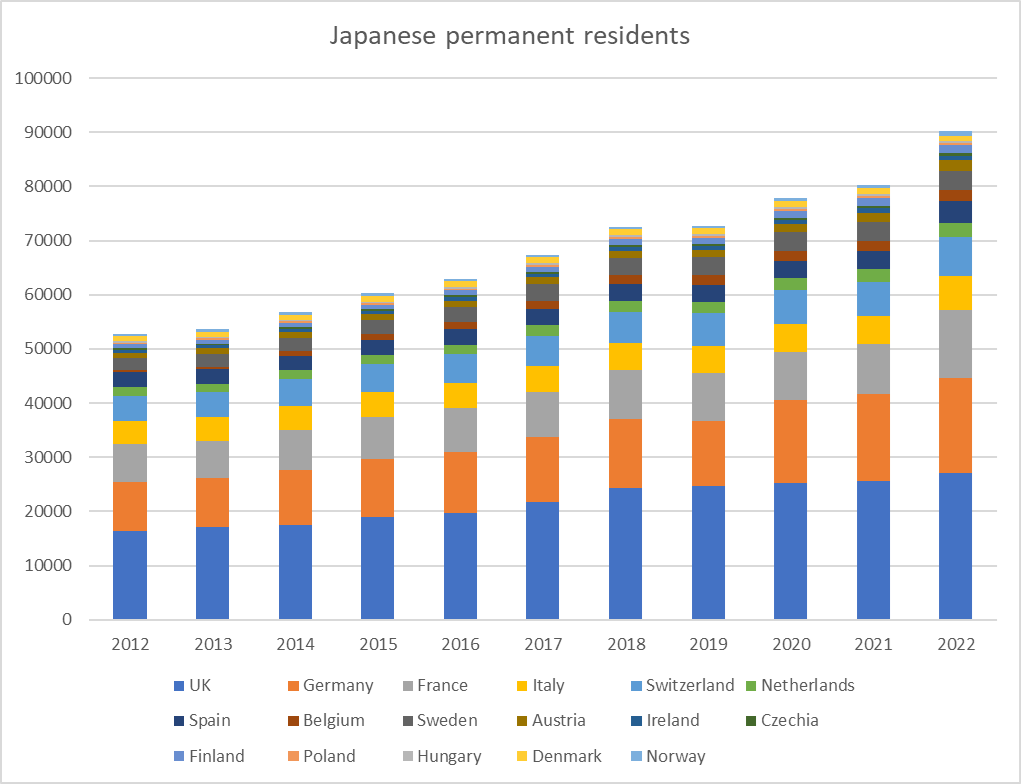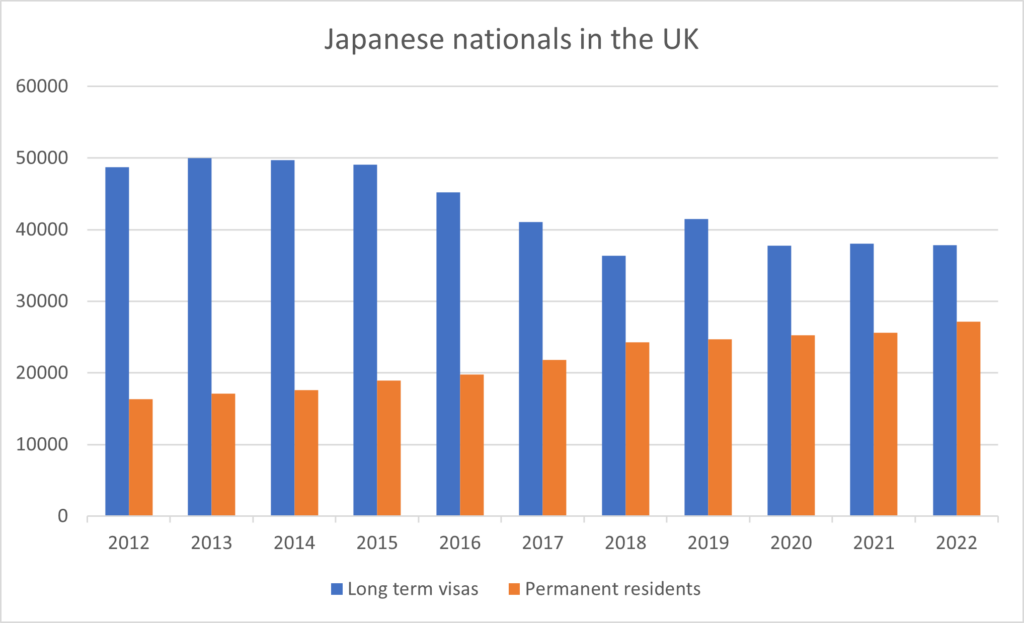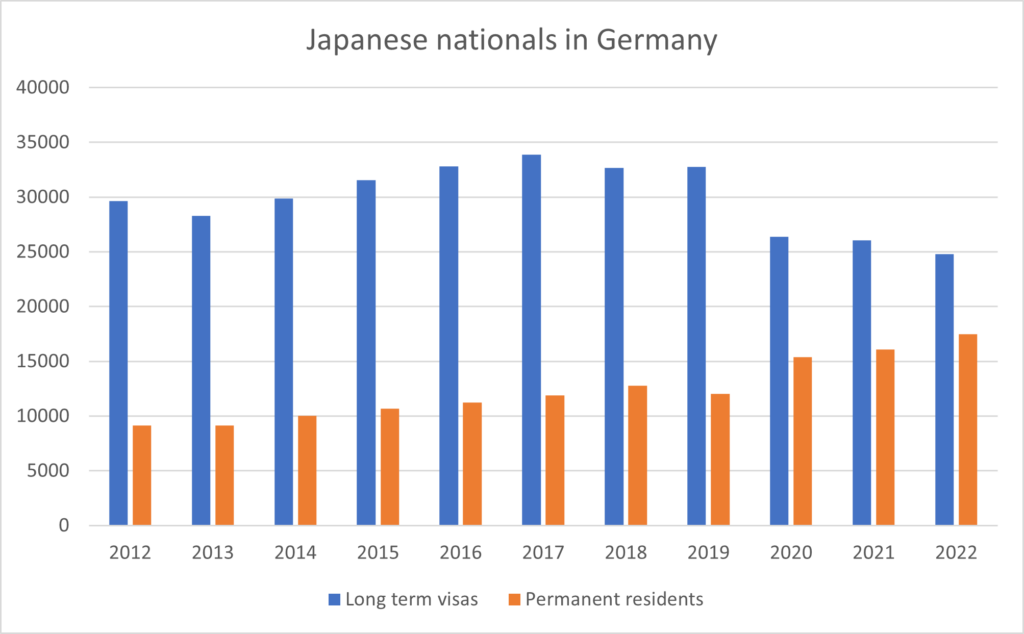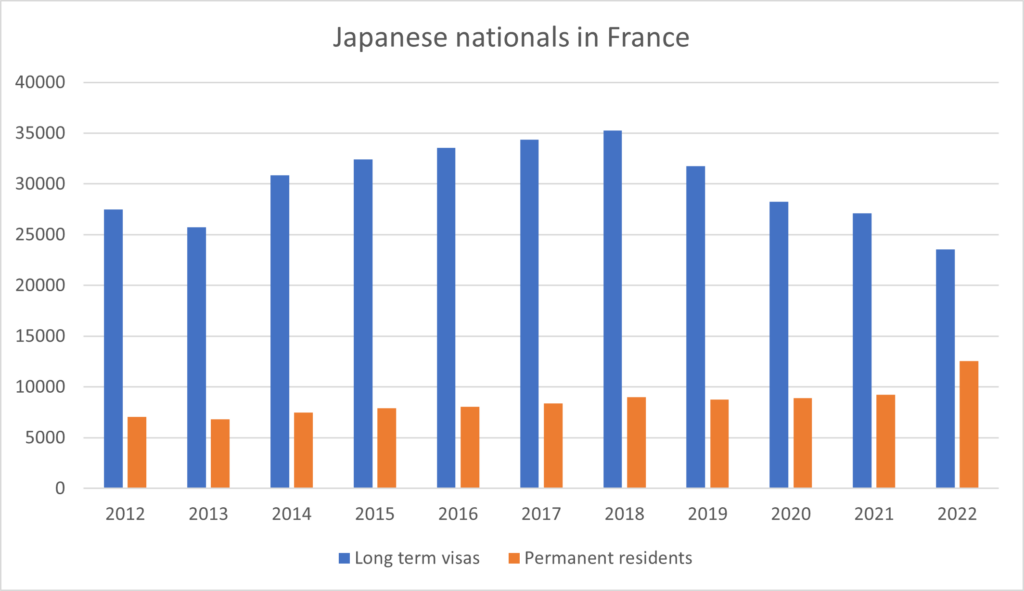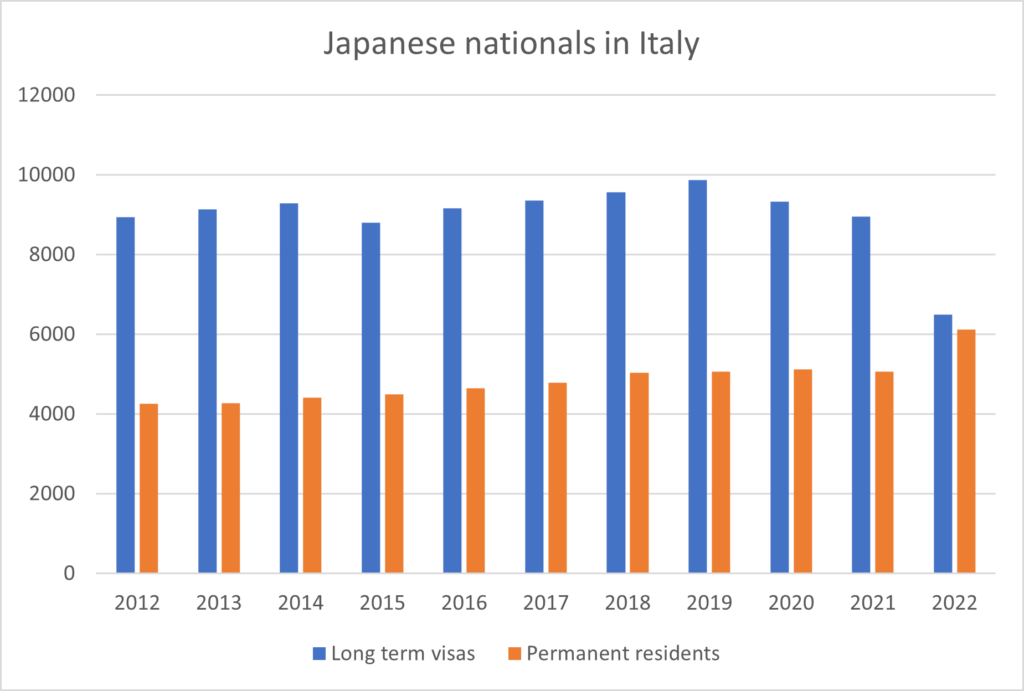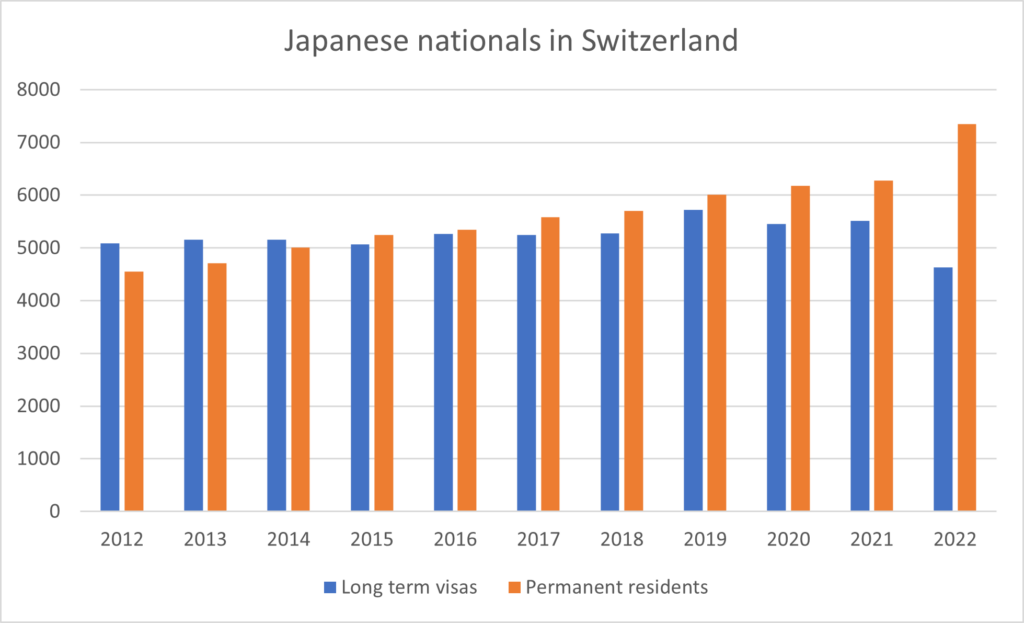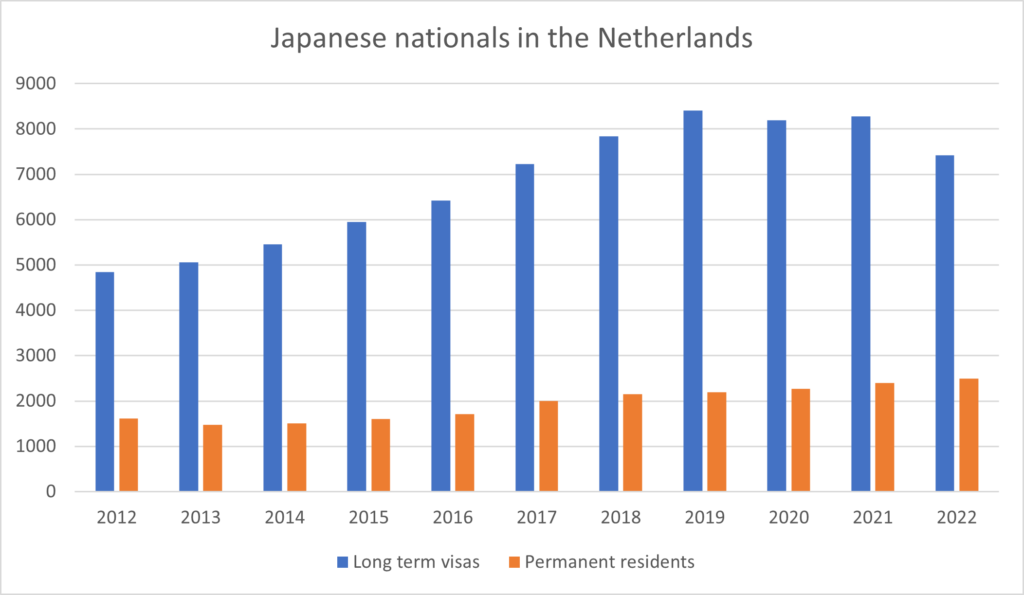Sumitomo Corporation and Osaka Gas sell Sutton and East Surrey Water
Japanese trading company Sumitomo Corporation and Osaka Gas have sold their 50/50 ownership of the UK utility Sutton and East Surrey Water for £380m (including £291m in debts) to the Pennon Group plc, a UK based water utility company. Sumitomo Corp and Osaka Gas set up a joint venture for the ownership of Sutton and East Surrey Water in 2013. In October 2023, Ofwat named SES Water among the four worst performing water companies financially in the UK, calling for them to turn around their finances. According to the FT, Sumitomo and Osaka Gas did not want to put equity in the business, so decided to sell and paid a £7.8m dividend last year.
Sumitomo say it has sold off its share as part of its portfolio reshuffle under its Medium-Term Management Plan “SHIFT 2023” and is “executing strategic asset replacement”. It will continue to reinforce and develop its primary earning pillars by “leveraging its strengths utilizing management capital including operation know-how acquired from this UK water business.”
Pennon also owns South West Water, Bristol Water and Bournemouth Water. South West Water was fined £2.15m for illegal sewage dumping in April 2023. SES Water was fined £300,000 in October 2022.
For more content like this, subscribe to the free Rudlin Consulting Newsletter. 最新の在欧日系企業の状況については無料の月刊Rudlin Consulting ニューズレターにご登録ください。
Read More
